As part of the Baltic Sea region’s efforts to thwart eutrophication and its causes, the project platform “Sustainable manure and nutrient management for reduction of nutrient loss in the Baltic Sea Region” (SuMaNu) had its kick-off meeting at the HELCOM Secretariat in Helsinki from 23 to 24 October 2018.
The SuMaNu project platform seeks to address excess nutrient loading – the main cause of eutrophication in the Baltic Sea – through more efficient management of nutrients, with a special focus on manure. A large share of the nutrient load in the Baltic Sea stems from agriculture.
SuMaNu aims at promoting positive attitudes and best practices for a more efficient management of nutrients and the use of manure, notably to minimize leaks into watercourses and the Baltic Sea.
The platform will gather and synthesize the best practices and recommendations on sustainable nutrient management from the existing projects of Manure Standards (MS), Baltic Slurry Acidification (BSA), GreenAgri (GA) and PROMISE (PR).
The intended beneficiaries of the project are national authorities and policy implementors such as agricultural and environmental ministries, regional policy makers such as HELCOM and EU bodies handling environmental matters, as well as farmers, farm advisors and other agricultural stakeholders.
SuMaNu will build upon the results of previous manure-related projects, to provide holistic recommendations on nutrient and manure management, to ensure they are useful for both policy making and at the farm level.
The results will also feed into the update process of the Baltic Sea Action Plan, HELCOM’s strategic tool for a healthy Baltic Sea. The outcomes will also support the elaboration of the Baltic Sea Regional Nutrient Recycling Strategy by 2020.
Lead by the Natural Resources Institute Finland (Luke), the partners of the platform are HELCOM, the Foundation for a Living Baltic Sea (BSAG), the Estonian Crop Research Institute (ECRI), the Union Farmers Parliament (ZSA), the Organe Institute Aps, the Agricultural Advisory Center in Brwinow (CDR), the Julius-Kühn-Institut (JKI), and the Research Institute of Sweden (RISE).
The EUSBSR (Policy Areas Bioeconomy and Nutri), the Council of the Baltic Sea States (CBSS) and the European Sustainable Phosphorus Platform (ESPP) are associate partners.
The project platform is co-financed by the EU’s Interreg Baltic Sea Region Programme.

 Deutsch
Deutsch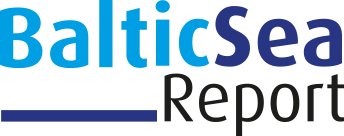
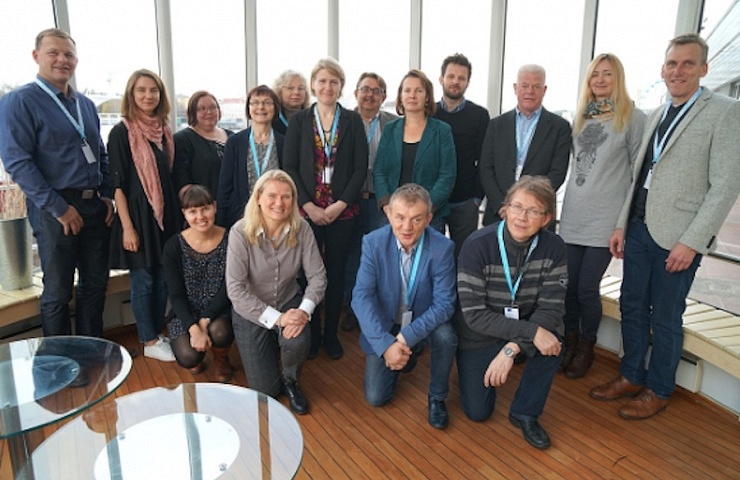
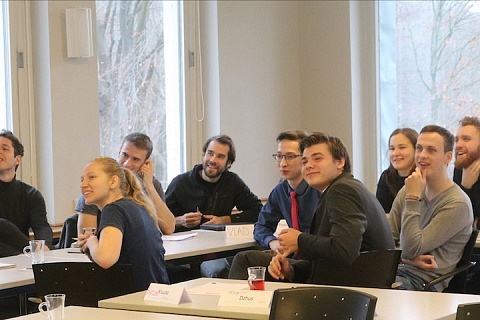
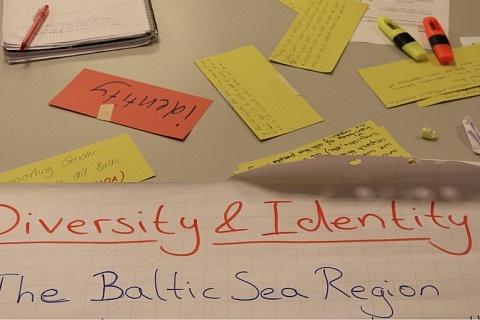
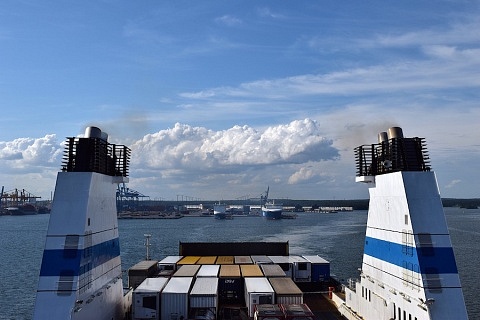
Leave a Reply